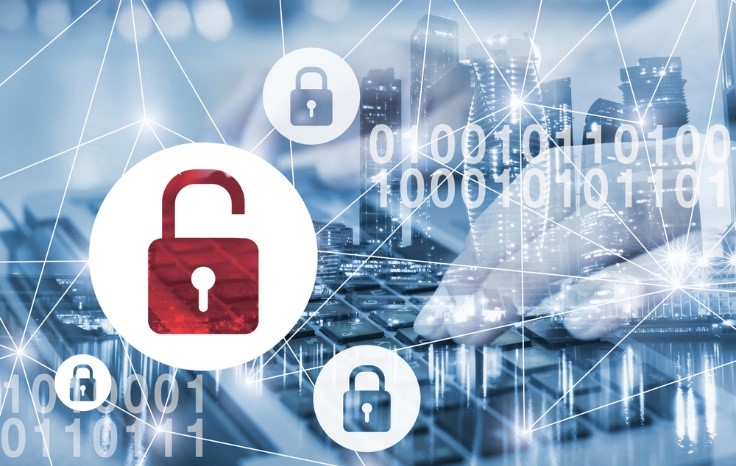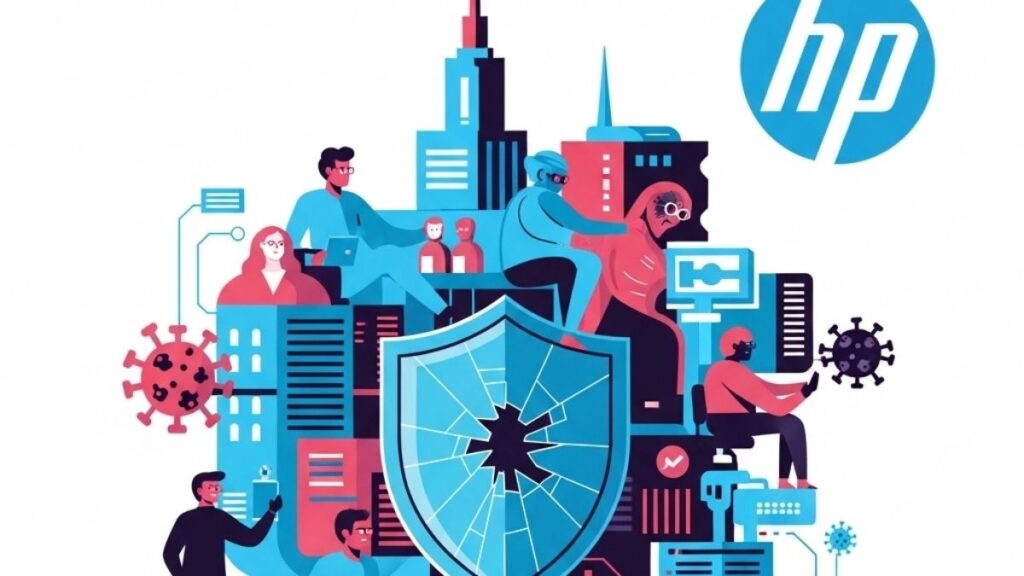You have backups in the event your business is hit by ransomware. You have prepared PR statements should there be any kind of customer data breach. You have been careful to keep all software updated, and you train your employees on cyber hygiene at least once per year.
But are you confident that all your bases are covered when it comes to cybersecurity?
Cybersecurity is never a set-and-forget solution; there are always new threats on the horizon to prepare for, and if you haven’t touched your security strategy in months (or worse, years) then your business is probably vulnerable to a serious attack.
However, specific threats typically require specific kinds of preparations. Because of this, you need to know what to look out for, which means you need this guide to 2019’s most pressing security concerns.
Artificial Intelligence
If you pride yourself on being a progressive business leader, you are probably driving your business practices toward artificial intelligence already. You might employ AI tools as part of your marketing strategy, or you might use AI to identify gold prospects in the sales department. AI is a wondrous new technology that makes it much easier to leverage large amounts of data for optimal results.
Unfortunately, cybercriminals see AI the same way. There is already at least one example of artificial intelligence in malware: a program dubbed DeepLocker, which is more effective than other malicious programs at attacking and invading devices thanks to its AI features.
It’s expected that armed with AI, hackers will not be thwarted by existing security techniques, which means your current security setup will soon be obsolete. It’s important that you acquire a threat intelligence platform that can scale with your business and against emerging threats, like AI.
Cryptojacking
Most malware likes to make itself known relatively quickly. Ransomware is a good example of this: Ransomware immediately demands payment for the safe return of stolen files, alerting victims to its presence. Other types of malware, like adware, spam victims with pop-ups, unwanted programs and worse. Cryptojackers strive to do the exact opposite. In fact, cryptojackers tend to be so sneaky and silent, burrowing deep into computer processors to avoid detection, that many security suites struggle to identify them at all, ever.
Though experts are learning more about cryptojacking every day — and thus arming antivirus software appropriately — you could have a cryptojacker on your business endpoints and not know it. The symptoms of cryptojackers are lagging, unexpected downtime and general slowness of the device. If you suspect you might have a cryptojacker somewhere on your network, you should get it diagnosed and eradicated quickly.
Software Subversion
As businesses (and everyday device users) become savvier about security, average hackers are finding it more difficult to weasel malware onto devices. As a result, many are turning their focus onto software developers. By attacking software before it is distributed, hackers can subvert that software with corrupt data or else build in backdoors, which makes it easier than ever to access a vast quantity of devices.
It’s possible that hackers have been participating in software subversion for years without security professionals or software developers realizing it. Just last year, the security world identified a slew of routers that had been compromised before being shipped to users, with the result that users’ networks were infiltrated from their first use of the device.
There is little you can do to combat software subversion, save investing only in software from developers who place security as a high priority. To do this, you should contact the business behind any software you are interested in acquiring and question them about their security practices.
 Cloud Insecurity
Cloud Insecurity
Few businesses are still in the process of migrating to the cloud; most are either in the cloud or will refuse to go there. If your business relies even somewhat on a cloud environment, you need to be doing more to ensure your data there is safe.
Cloud providers are big targets for hackers these days. Not only do they have data of their own, but cloud providers host an overwhelming cache of information that could have extreme value to cybercriminals. Thus, cloud providers should be doing their utmost to secure their servers and networks — but many aren’t.
Just as you double-check software developers for security before purchasing a program, you should investigate cloud providers’ security efforts before agreeing to a service plan.
You know your business needs security, but you might not know what security you need until it’s too late. You should keep abreast of emerging threats and take preventative measures, so your business isn’t the first victim of a brand-new cyberattack.
- SEO Misinformation – and How to Avoid It - September 26, 2019
- Cyberthreats Your Business Isn’t Prepared For - March 12, 2019
- Why You Shouldn’t Go DIY With Home Security - January 27, 2019




Comments are closed.